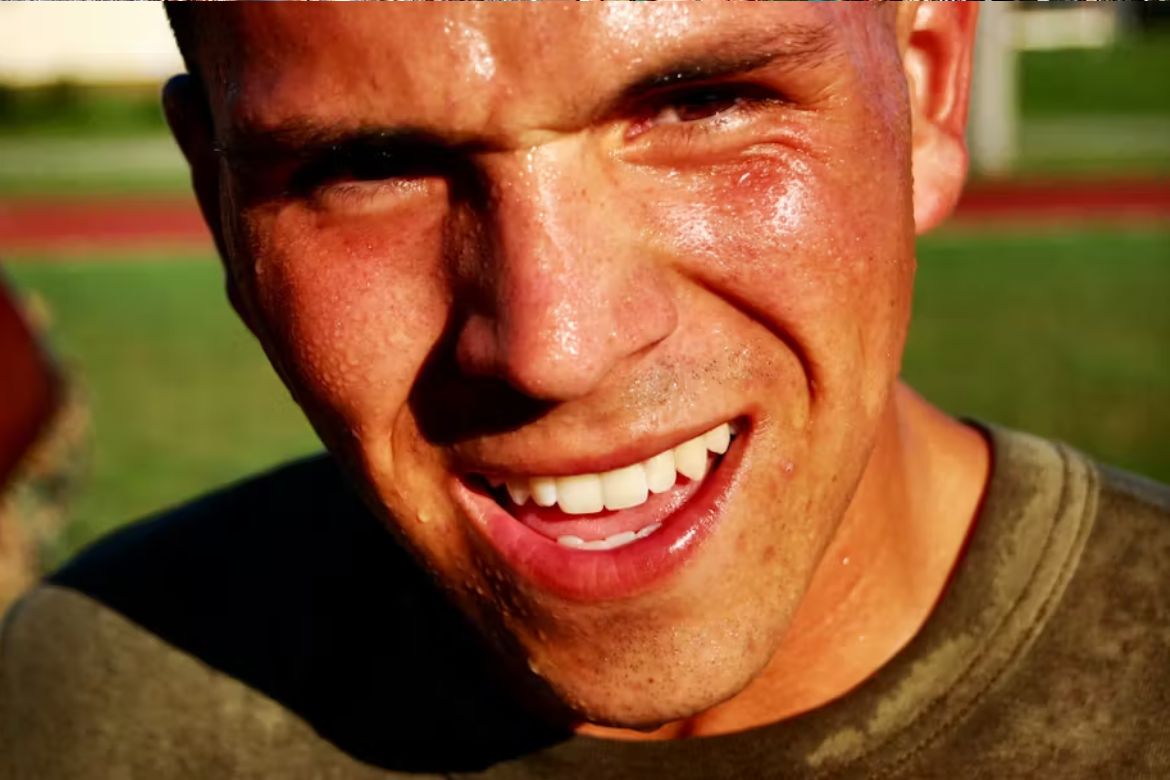In a region where summer temperatures regularly soar past 45 °C, perspiration is more than a minor inconvenience—it is a frontline defence against heatstroke. Yet clinics across the Gulf are reporting record interest in “sweat elimination” procedures, from Botox injections to microwave‑based MiraDry and even surgical removal of sweat glands. As demand climbs, dermatologists are urging residents to balance cosmetic goals with the body’s need for thermoregulation.
“Sweat isn’t just an annoyance; it’s the body’s built‑in air‑conditioning,” says Dr Amira Alsisi, dermatology specialist at Aster Clinic, Sharjah. “Blocking it without a medical reason can invite real health risks, particularly in the Gulf’s extreme heat.”
Why We Sweat—and Why It Matters Here
Eccrine glands—scattered across the skin—release a mostly water‑and‑salt solution to cool us.
Apocrine glands, concentrated in the underarms and groin, kick in under stress and produce the odour‑causing component.
In the Gulf’s humid coastal cities, sweat evaporates less efficiently, making adequate fluid loss even more critical for cooling.
From Antiperspirant to Operating Theatre: Treatment Menu
| Treatment | How It Works | Typical Duration | Key Caveats |
|---|---|---|---|
| Clinical‑strength antiperspirant | Aluminium salts plug sweat ducts | Daily use | Skin irritation common |
| Botox (botulinum toxin A) | Blocks nerve signals to glands | 4–9 months | Painful on palms/soles; grip weakness possible |
| MiraDry | Microwave energy destroys underarm glands | Permanent in treated zone | Swelling, transient numbness |
| Laser / surgical excision | Physically removes glands | Permanent | Scarring, infection risk |
“Botox under the arms is quick and effective, but hands and feet require sedation because they’re extremely sensitive,” notes Dr Maurizio Viel of Dubai’s Cornerstone Clinic. “Patients need to weigh pain, cost and, crucially, their outdoor lifestyle.”
Hyperhidrosis: When Sweating Really Is Too Much
Hyperhidrosis affects an estimated 385 million people worldwide, yet more than a quarter go undiagnosed, according to the International Hyperhidrosis Society. In the Gulf, physicians say many sufferers delay seeking help because they mistake the condition for “normal” hot‑weather sweating.
“Excess moisture can macerate the skin, leading to fungal infections and eczema,” warns Dr Najam Saqib of RAK Hospital. “Socially, it can be devastating—clients describe avoiding handshakes or choosing dark clothing to hide stains.”
Could Switching Off Sweat Backfire?
Heat management: Suppressing sweat in large areas can raise core temperature during outdoor work or sports—a serious concern for construction workers and runners training for winter marathons in Dubai.
Compensatory sweating: Unblocked glands elsewhere may ramp up output, though studies show the effect varies widely among patients.
Electrolyte balance: Rarely, widespread suppression may alter salt levels if users do not hydrate properly.
Dr Viel counters popular myths: “Treating the underarms alone won’t cripple your body’s cooling system, but wholesale elimination across multiple zones absolutely could.”
Gulf‑Specific Guidance
Consider climate: Procedures done in cooler months may feel comfortable, but evaluate how you’ll cope in peak summer heat.
Hydration strategy: Post‑procedure patients should monitor fluid intake and recognise early signs of overheating.
Qualified practitioners: Seek board‑certified dermatologists or plastic surgeons—regulators in the UAE, Saudi Arabia and Bahrain all publish searchable licence databases.
Bottom Line
For residents grappling with true hyperhidrosis, modern therapies can be life‑changing. For purely cosmetic motives, however, doctors recommend caution: a few dry underarms are not worth compromising the body’s natural air‑conditioning—especially under the Gulf sun.



